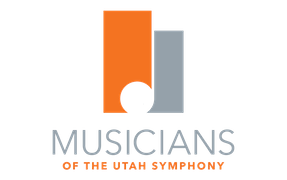Washington, D.C.
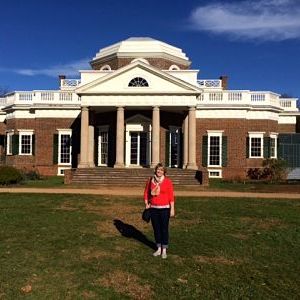
Monticello
We spent a couple days driving to the homes of Presidents Washington, Monroe, Madison and Jefferson. Their properties were vast. Slaves serviced the homes, the families and the land. The tour guides all mentioned the contradiction between the idea of ‘We, the people’ and the Founding Fathers all owning hundreds of slaves. The Blue Ridge Mountains were a backdrop for the home of James Madison and the Potomac River for George Washington. Jefferson’s home at Monticello sat atop a hilltop looking over much of Virginia. His estate bordered the estate of his close friend, James Monroe. The homes have been well maintained with period furniture and original colors and flooring. The land surrounding these homes have been protected and remain undeveloped. The changing colors of the trees made for some beautiful views. Though none of the Presidents played the piano, all homes had keyboard instruments. The tour guides all knew what First Lady, sister or daughter played the piano. When I asked about Jefferson’s violin, I was told that the whereabouts of any violin were unknown.
The arts were important to Jefferson. He was quoted as saying during one of his long stints in Europe, ‘If there is a gratification which I envy any people in this world it is to your country it’s music. This is the favorite passion of my soul, and fortune has cast my lot in a country where it is in a state of deplorable barbarism.’ The Presidents all had gathering rooms for games and relaxation, but they all spent most of their solitude with books. Their collections were some of the largest in all of the new United States. A person like Madison, widely regarded as the genius among great thinkers, knew seven or eight languages and had studied the history of failed democracies covering the time of Ancient Greece to his own time. We also saw the original manuscript of ‘The Star-Spangled Banner’ by Francis Scott Key at Mount Vernon. We always left the subject of an early U.S. President with the realization that they were the right people at the right time.
The monuments and memorials in Washington D.C. all left strong impressions.It’s a city with more domes, statues, pillars and marble than any other city in the United States. It was reminiscent of my times in Rome. It’s a city with a lot of bicyclists, joggers, helicopters, squirrels, restaurants and fast cabs with drivers who are not afraid to use their horns. Sirens and large crowds were normal.
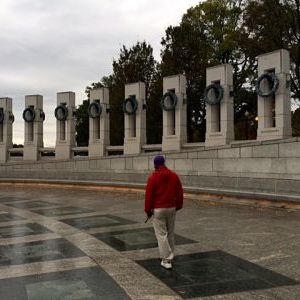
World War II Memorial
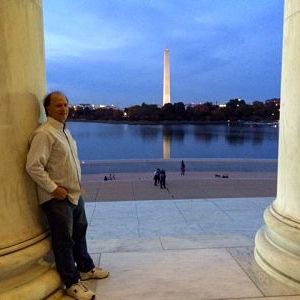
Washington Monument
Lisa had arranged for a special tour of the White House and the flute collection at the Library of Congress. The White House tour was early and the security heavy. We went through the East room where later in the day President Obama would be making a national address, the Lincoln room, the red room, the green room, etc. The windows had very thick glass. The window treatments, rugs, furniture, floors, light fixtures, etc. were in prime condition. The secret service agents were experts in the rooms they guarded and ‘held court’ before the large crowds detailing the history of the rooms, specific events that have taken place in various rooms and identifying the significance of Presidents past and present. We could see the outside lawn where the Presidents are often filmed boarding a helicopter. Everywhere there was art work and paintings of Presidents. The agents knew the details about all the unmarked art. Like the earlier Presidential homes, an old keyboard instrument was featured in one of the rooms.
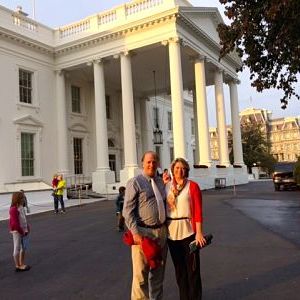
White House tour
Seeing the Dayton C. Miller Flute Collection at the Library of Congress was very interesting. There are approximately 1,700 flutes all gathered in this secure and private room. Carol Lynn Ward-Bamford showed us the collection and answered our questions for more than an hour. We saw flutes made from hiking sticks, bones, bamboo, different woods, different metals, glass, etc. Specific flutes like the ‘Quantz’ flute played by Frederick the Great, a Louis Lot flute, the first piccolo ever used to play ‘The Stars and Stripes’, a glass flute owned by President Madison, flutes in different keys, a flute made from one solid piece of metal, and many more were there to see. Lisa left wishing the instruments could be played in public more often. I left wishing there was such a collection for oboes.
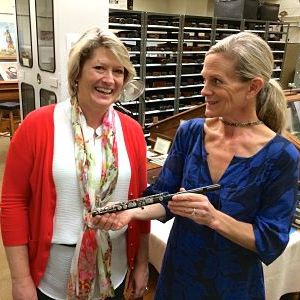
Library of Congress flute collection
We sat through part of an early music concert at the Library of Congress. The excellent vocal ensemble first sang Monteverdi. I fell asleep through no fault of the musicians. Sometimes a sabbatical can be exhausting.
– Lisa Byrnes and Robert Stephenson
